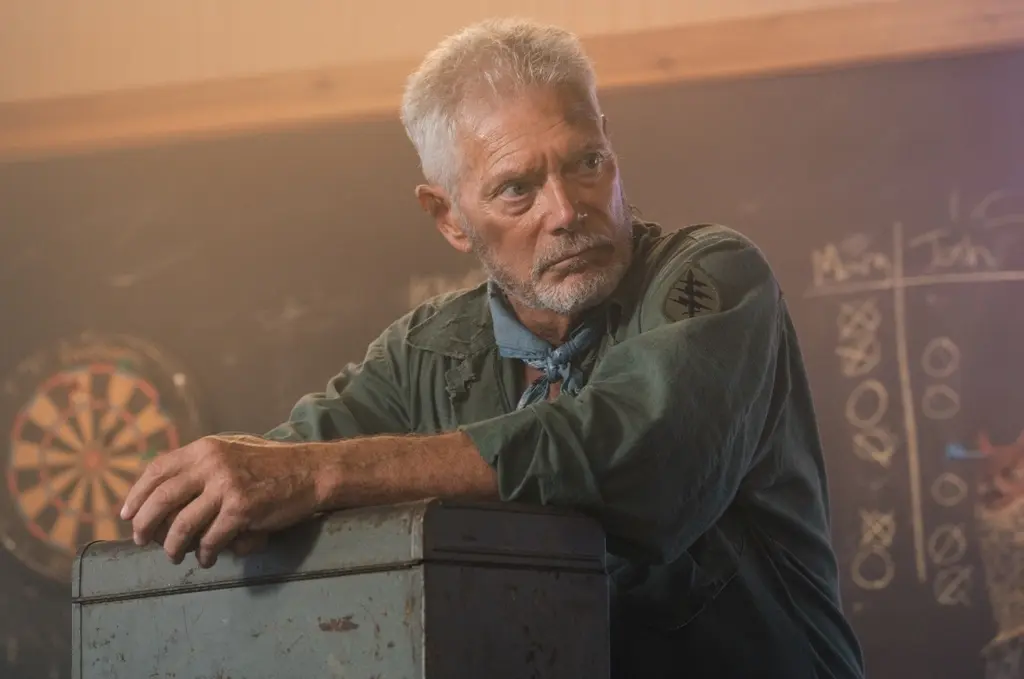As someone who considers himself highly informed when it comes to Civil War history and the life and presidency of Abraham Lincoln, I’ve easily seen well over 100 films dealing with either or both subjects and liked almost all of them—even the widely panned “Abraham Lincoln: Vampire Hunter.”
Co-directed by veteran “Frontline” producers Jacqueline Olive and Barak Goodman, “Lincoln’s Dilemma” (based on the book “Abe: Abraham Lincoln in His Times” by David S. Reynolds) is a handsomely mounted sub-genre documentary containing vast quantities of information on what most people would consider to be obscure facts of the mid-19th century. Many of the events covered have never been addressed in other films, including the best production of its kind ever made: Ken Burns’s 15-hour watershed epic “The Civil War” from 1990.





